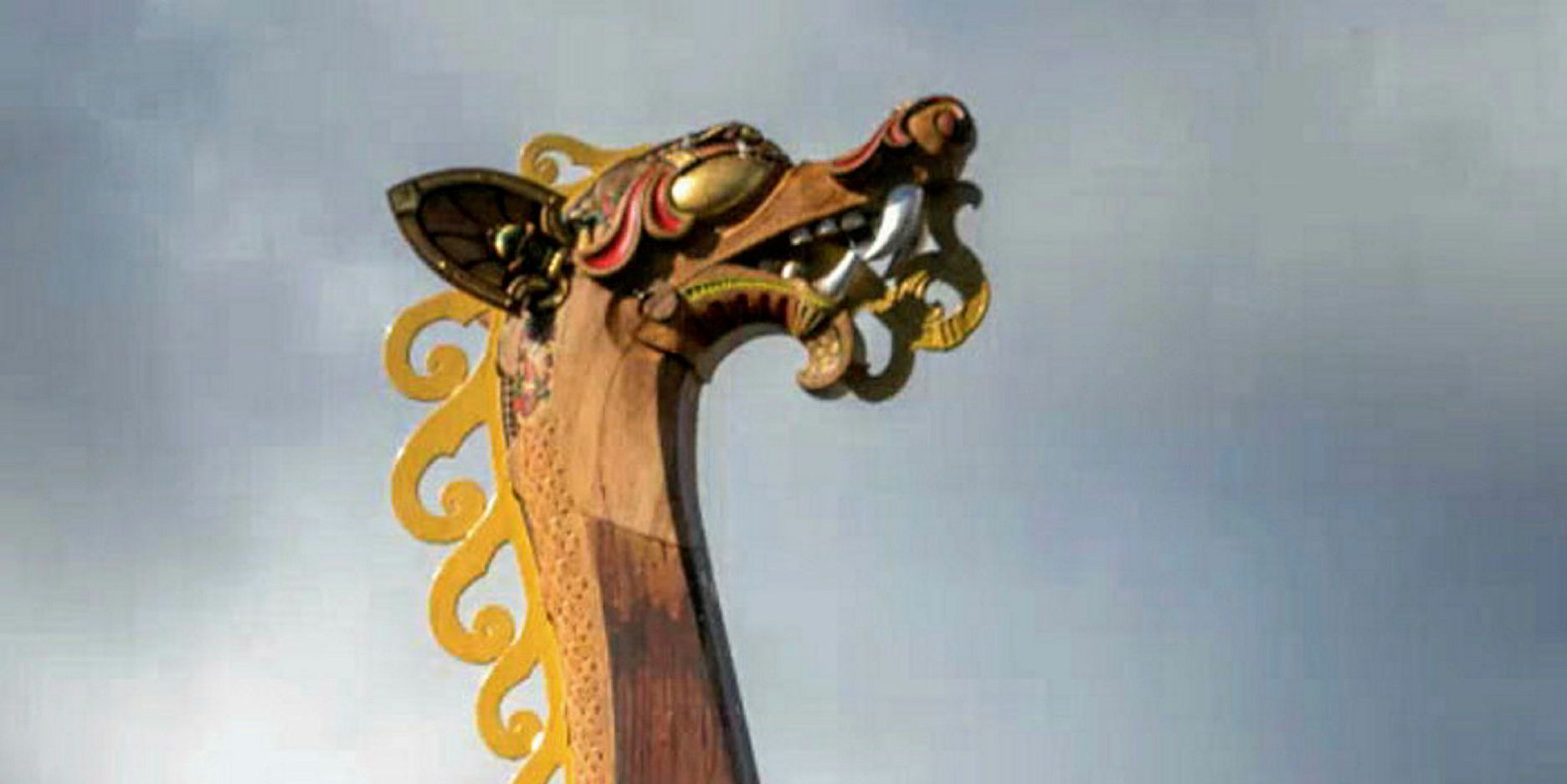China’s Ministry of Transport has started to limit the use of open-loop scrubbers within the country’s emission control areas (ECAs), which cover the entire coastline, Bohai Bay and two main rivers.
According to a document from the ministry’s Maritime Safety Administration (MSA), vessels installed with open-loop scrubbers are not allowed to discharge wash water within the port areas along the Chinese coastline.
Further announcements will be made in due course regarding the whole coastal ECA, which runs 12 nautical miles from the coastline, the document said.
A similar discharge ban is in place for Bohai Bay, Yangtze River and Xi River—the main branch of Pearl River.
In addition, residuals from the wash water cannot be discharged into the sea or be burned onboard, and vessel operators need to record the storage level of residuals and how they are handled.
Also, according to the MSA, vessels with certain types of scrubbers have to monitor exhaust gas levels and nitrogen oxides.
The rules came into force on 1 January, when vessels operating in the Chinese ECAs needed to switch from high-sulphur fuel oil to 0.5%-sulphur fuels unless they are installed with scrubbers or run on clean energy like LNG, renewable energy or batteries in preparation for the IMO 2020.
Vessels switching to low-sulphur fuels must make a fuel switch plan, with the switch timings, ships' positions, fuel sulphur contents, fuel tank data and consumption details recorded on the engine logs.
Policy shift
The latest development signals a shift in maritime policy in China, although its immediate impact might not be pronounced as not many vessels installed with open-loop scrubbers are currently in operation.
Based on the document, the Chinese government didn’t explicitly ban the operation of open-loop scrubbers within the ECAs but imposed severe restriction over it.
Vessels unable to find compliant fuels despite utmost efforts, have damaged equipment or scrubber retrofitting plans by 2020, or fail to comply for safety reasons can apply for exemption from enforcement agencies. These are generally Chinese maritime authorities or local governments.
Beijing’s move has come after comparable bans in Singapore, Belgium, California and Connecticut in the US, as environment concerns grow over the use of exhaust gas systems.
Open-loop scrubbers draw most ire as some industry officials consider the wash water from them contains materials potentially harmful to the marine environment, a claim rejected by Exhaust Gas Cleaning Systems Association that is formed by scrubber manufactures.
However, they are more popular among shipowners than the hybrid or closed-loop types due to lower installation costs.
According to DNV GL, 2,130 open-loop scrubbers have been ordered, including those already installed, compared with 475 hybrid and 51 closed-loop scrubbers.





